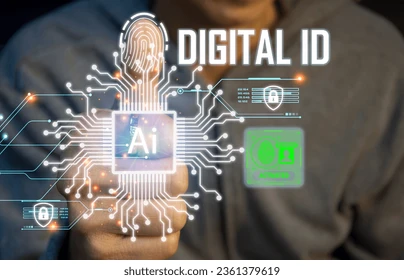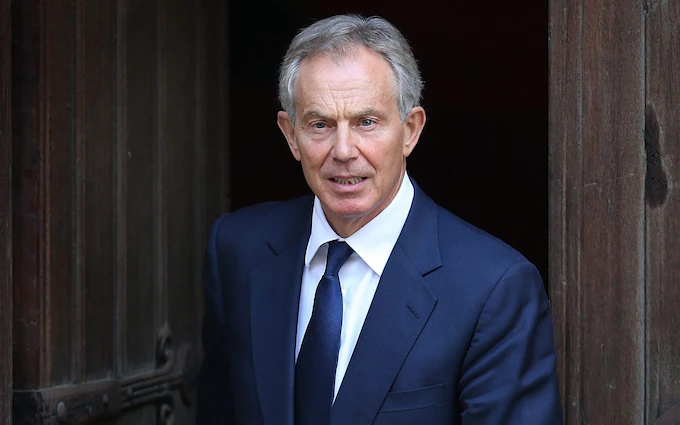Former UK Prime Minister Tony Blair has reignited his advocacy for a digital ID system, envisioning it as a transformative solution to pressing global issues such as immigration, healthcare, and taxation.
Blair, writing about the current state of governance, argued that traditional approaches are failing to meet the demands of the 21st century.
“Our present system isn’t working. This is a time for shaking up. For once-in-a-generation disruption. Digital ID is a good place to start.”
Tony Blair
He emphasized that modern technology offers unprecedented opportunities to improve governance.
Blair pointed to the sweeping changes brought about by the ongoing technological revolution, comparing its impact to the Industrial Revolution of the 18th century. He noted that many of today’s most powerful corporations are tech giants that thrive by leveraging data to personalize and optimize services.
“Think about how we live and interact with each other – how we use Amazon to shop; mobile phones for banking; Google Maps for directions,” Blair wrote.
“They all use our data to personalize their service. Why is TikTok so successful? Because its algorithms establish your personal preferences so quickly and satisfy them with their content.”
Tony Blair
Blair argued that governments should embrace similar technological strategies, starting with a digital ID system. While he acknowledged the concept might seem “scary” to some, he emphasized its potential to revolutionize governance.
“Imagine that all your health information was in one place: easy, with your permission, for anyone anywhere in the health service to see. That your passport, driving license, anything you need to prove your identity, were in one simple digital wallet, unique to you.”
Tony Blair
A Case For Digital IDs
Blair highlighted examples from countries such as Singapore, India, the UAE, and Estonia, where digital ID systems have streamlined bureaucracy and reduced inefficiencies. He argued that such systems could address key challenges in the UK, particularly in immigration.

“One of the biggest challenges in immigration is the number of people here without permission. Digital ID would allow us to track those without permission and incentivize people to not enter unlawfully or overstay because they know they would be discovered.”
Tony Blair
Blair contended that digital IDs could also reduce benefit fraud, combat online fraud, and provide governments with reliable data to craft informed policies. He noted that the World Bank has identified digital ID as a priority for global development, with its president, Ajay Banga, championing its adoption.
Blair underscored the broader potential of technology to address complex issues. He highlighted advancements in artificial intelligence (AI) and their applications in fields like healthcare, education, and crime prevention.
“It is transforming drug discovery, with a whole raft of new treatments which will give us the chance to shift our healthcare system radically to prevention of disease rather than cure,” Blair said. He added, “If we used the potential of facial recognition, data, and DNA, we would cut crime rates by not small but game-changing margins.”
He also pointed to interactive education apps that could provide personalized tutoring for students, ensuring better learning outcomes.
Blair concluded with a stark warning for politicians resistant to change, referencing lessons from Donald Trump’s political rise. “Any politician today, who is promising management of the status quo and not fundamental change of it, will lose,” he asserted.
By embracing digital ID and harnessing technological innovation, Blair argued, governments could create a more efficient, secure, and equitable future.
READ ALSO: Davido’s ‘Assurance’ Music Video Hits 100M Views on YouTube























